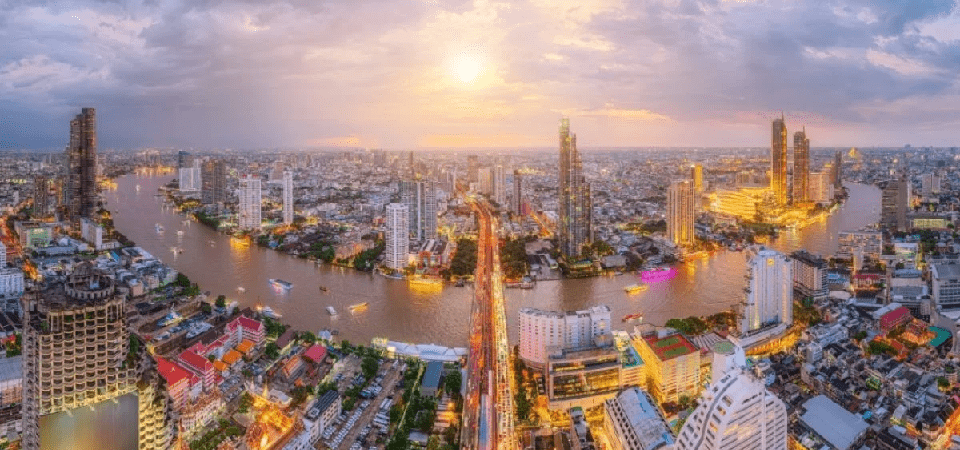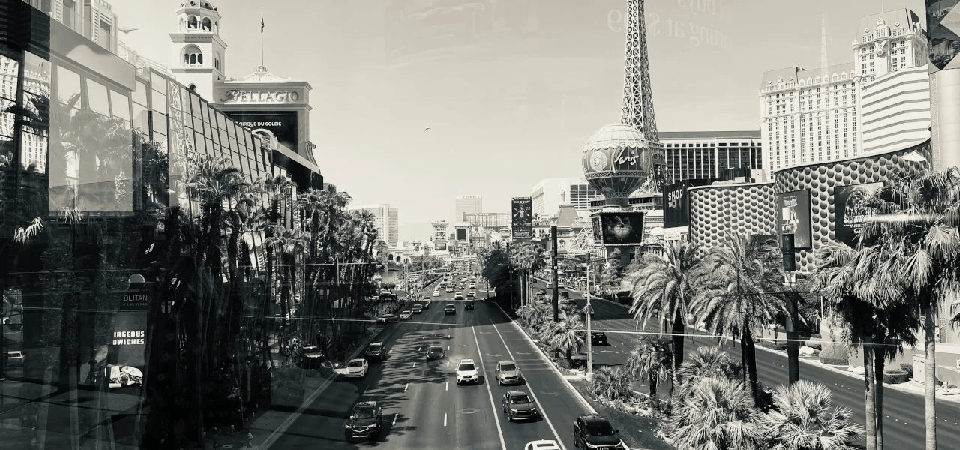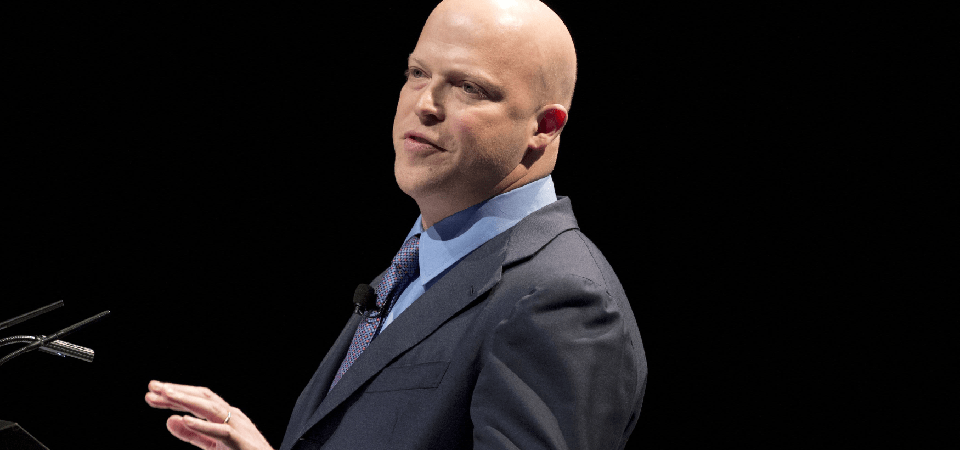Thailand Casino Bill Shelved Amid Political Unrest, Gaming Opposition
Thailand’s ruling party will not promptly bring back its Entertainment Complex Bill when the National Assembly’s House of Representatives meets next month.
After a significant scandal regarding the death of a Royal Cambodian Army soldier amid a border clash with Thai forces, along with a leaked phone conversation featuring Thailand's Prime Minister Paetongtarn Shinawatra that seemed to disparage her military, the Bhumjaithai Party announced its departure from the ruling coalition of the National Assembly. Amid significant public resistance to permitting casinos in the country, government officials have chosen to postpone the contentious Entertainment Complex Bill.
In January, the casino law — intending to permit five gaming resorts — received support from Shinawatra’s Cabinet. In March, the government identified Bangkok, Chon Buri, Chiang Mai, and Phuket as eligible areas, with two sites allocated for the capital.
Casino Activity Slows Down
The opening up of casinos has been a cornerstone of Shinawatra’s time in office, a position she took on only last August.
Known as Ung Ing, she is Thailand's youngest prime minister at just 38 years old and the second woman to occupy the role after her aunt, Yingluck Shinawatra. Paetongtarn is the third Shinawatra to serve as prime minister, following her father Thaksin Shinawatra. Somchai Wongsawat, Thaksin’s brother-in-law, held the position of prime minister as well.
Other than the Monarch, the Shinawatra family has been the most influential family in Thailand for the past twenty-five years.
Thailand’s economy depends heavily on tourism and exports. COVID-19 significantly affected Thailand, and although certain tourism segments are still bouncing back, its exports remain diminished because of a decrease in global demand.
The establishment of casino resorts was a crucial element for the Pheu Thai-led government to enhance both domestic and international tourism, particularly from China, and draw in billions of dollars in foreign investment.
The casinos would create thousands of well-paying jobs, offer the government an immediate boost in licensing revenue, and produce continuous taxes from gaming and related resorts.
Not The Moment
As Shinawatra faces calls for her resignation from political opponents, and surveys indicate significant public opposition to casinos, Pheu Thai leaders and the Prime Minister have chosen to temporarily suspend the Entertainment Complex Bill.
Nonetheless, Shinawatra remains steadfast in her aspirations for a casino. Party leaders claim that the postponement will allow more time for the government to communicate to the public the advantages of gaming resorts for the entire country.
The Pheu Thai casino proposal estimates that the gaming resorts could enhance foreign tourism by up to 20% and raise the average expenditure per trip from international tourists by 22,000 baht (US$675).
The Asian casino sector faces uncertainty following substantial changes in Macau during the pandemic. China compelled the casino enclave to restrict junket groups, the travel organizers that assisted the mainland's richest citizens in transferring their funds via the tax haven, arranged as VIP gambling excursions.
Junkets have since abandoned Macau for the Philippines, Vietnam, and, in the near future, Japan. Thailand, being more advanced than the Philippines and Vietnam, is centrally positioned and easily reachable from China, making it a more appealing choice for Chinese tourists.












